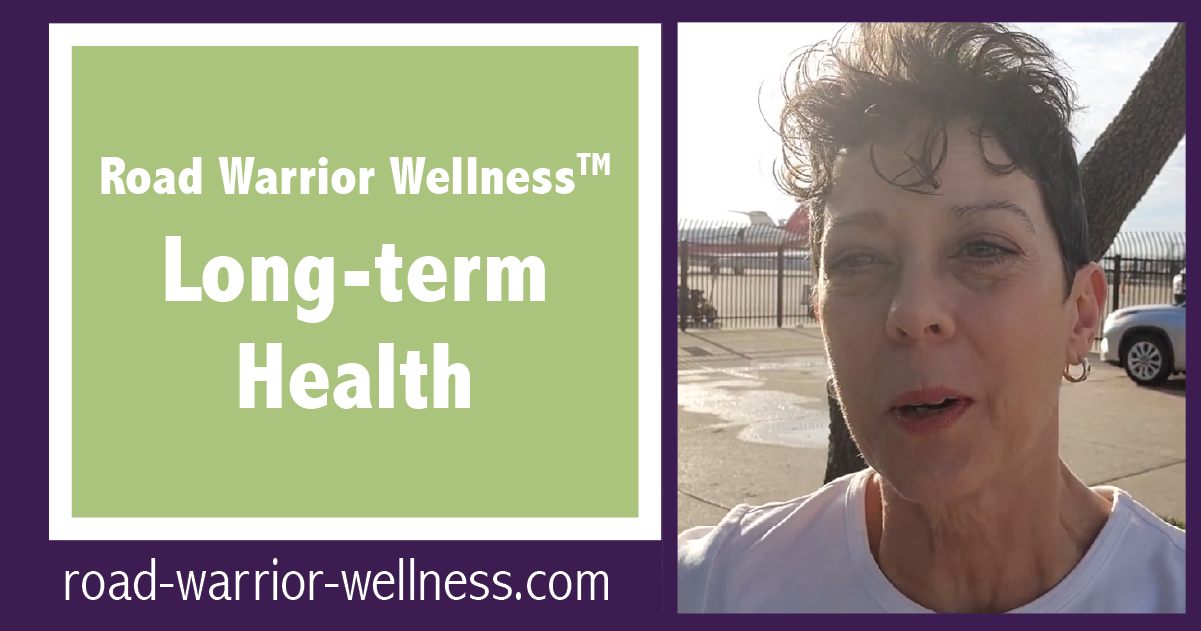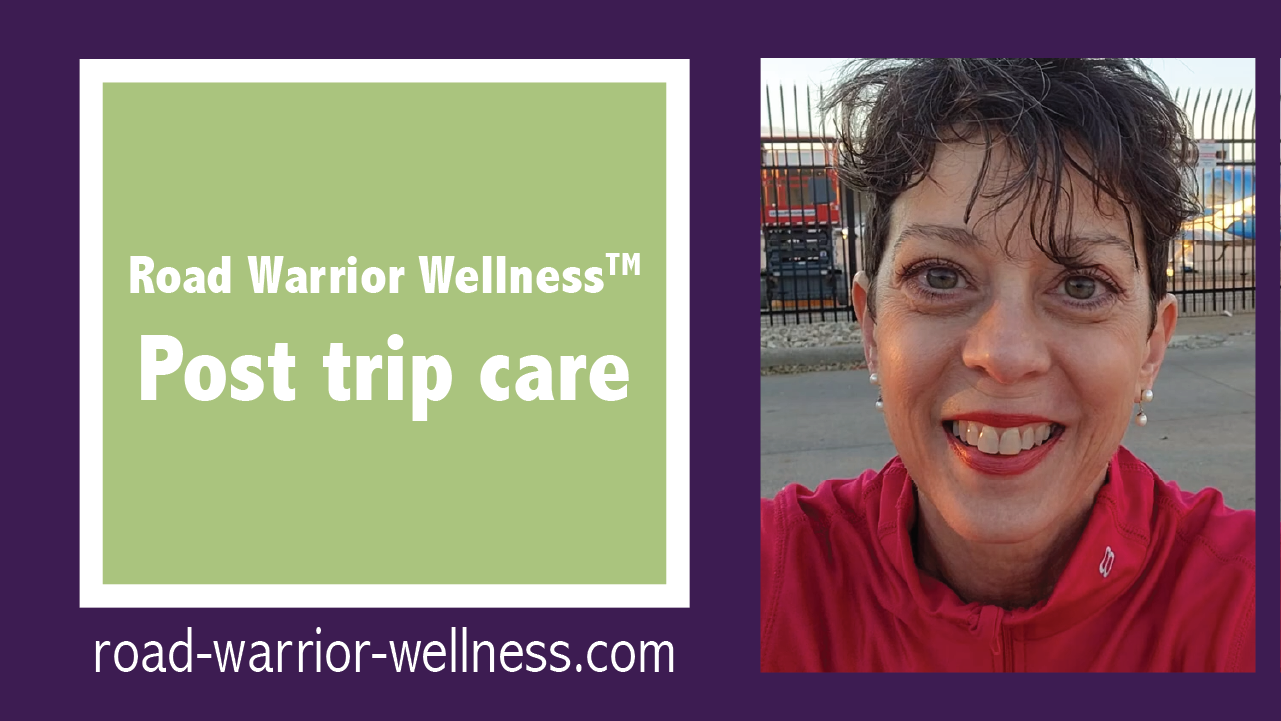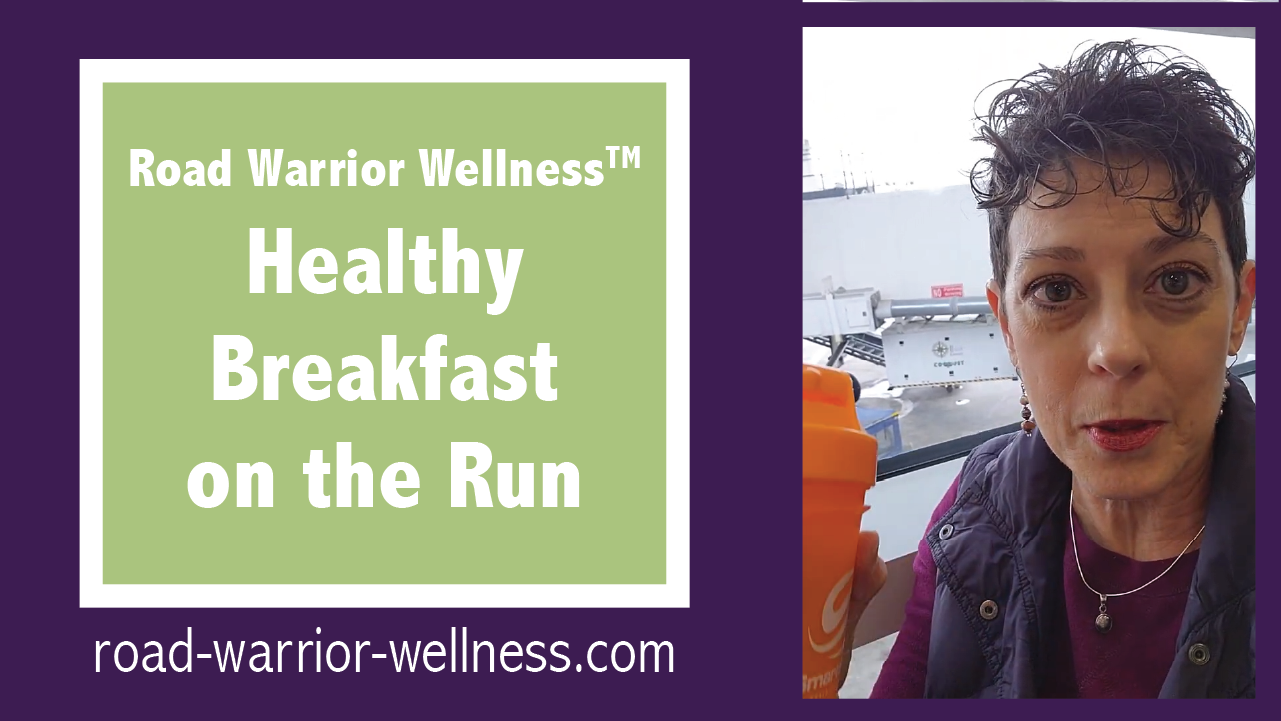Do you feel like you’ve been hibernating in a cave for the last 15 months?! Do you wish someone would give you some common-sense ideas for feeling as confident about your Immunity and health as you’d like to feel?
Let’s discuss some easy ways to improve your Immunity, feel better – both physically and mentally – and enjoy getting back into the workplace, going places, and taking charge of your life again.

Photo by Anthony Tran on Unsplash
First, the most common health issues I see in clinical practice are:
- Sleep deprivation
- Digestion problems
- Chronic pain in joints and spine
- Allergies and sinus congestion
- Fear/concern about getting COVID-19 – stress
- Juggling stress – relationships, kids, meals, work
- Stress about returning to the office, schedules, drive time, etc.
All of these conditions are worsened by dehydration, poor diet and lots of indulgences, lack of sleep quality and quantity and regular exercise/movement/stretching. So many great health effects can be covered by getting good at the basics!
One of the biggest underlying elements of illness is inflammation. Time magazine showcased inflammation as the basis for the most common diseases we face in their February 2004 issue. Let’s discuss a few ways to reduce inflammation and build Immunity. Like so many people working from home during the last year, you may have cleaned up your diet by cooking or prepping more meals at home, or you may have gone in the opposite direction and taken unhealthy short cuts or ordered out more often. Eliminating sugar where possible will help you reduce inflammation while improving your Immunity. Same goes for eating processed food (which commonly contains sugar). Minimize simple carbs (white rice and potatoes, pasta and bread) as much as possible. Focus on balancing meals and snacks with complex carbs (veggies and whole grains), clean animal protein and healthy fats. You’ll be shocked at how good you feel from making these simple upgrades! In fact, if you suffer from any of my “most common health issues” list above, you might be surprised at how several of these conditions improve simply by cleaning up your diet!
Getting good sleep can be a tough one for so many people. Take a structured approach and get into bed at the same time each night, making sure to have your bedroom as dark and quiet as possible. Avoid chocolate and stimulating beverages – tea, sodas and coffee after 1 or 2 pm. Also minimize alcohol and deserts as they create blood sugar drops in early morning hours, leaving you empty and in need of fuel.

Photo by Adolfo Félix on Unsplash
When getting back into the office, set yourself up for success by keeping your desk area as clean as possible. Reducing clutter and dust will make you feel better mentally and physically. Keep wipes nearby for daily use on desk, phone, keyboard and mouse surfaces. Stay aware (but not hypervigilant!) about your coworker’s health status and distance yourself if necessary. Get outside at lunchtime and enjoy the fresh air. Grab a co-worker or friend and talk about light, easy topics – no office gossip! Set an alarm for yourself mid-morning and mid-afternoon and take a 5-minute walk outside. It’s amazing how quickly you can re-set and feel better from getting outside for a few minutes.
Having a good support system in place gives you trusted people to talk with when you’re stressed. It may include your mate or best friend, sister or neighbor. Having another’s insights can be a powerful way to filter through tricky issues. Time spent can include a walk or workout – great way to blow off steam, sleep better at night and get in better shape. You might start journaling as a way to process current events. Quiet time at the beginning or end of your day can center and ground you. Consider guided meditation audio’s, nature sounds or prayer. These are easy to take with you when traveling.
Having a healthy balance in your life involves several facets but doesn’t need to be complex. Keep things simple and practice stretching your brain each day by doing something you haven’t been doing. Our neurology loves changes and challenges – they don’t need to be hard ones. With all the changes we’ve had over the last 15 months, there won’t be any shortage for brain stretching. Be patient with yourself as you re-engage in something you’re doing that feels new. Remember you’re not alone and connect with positive people to stay energized.








